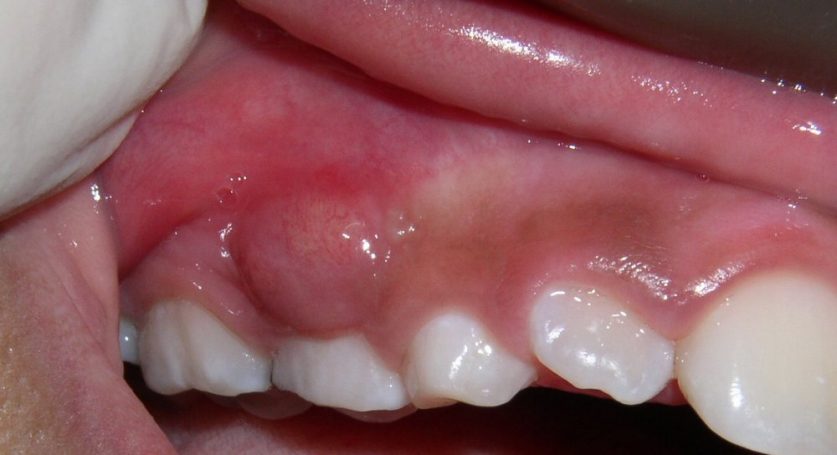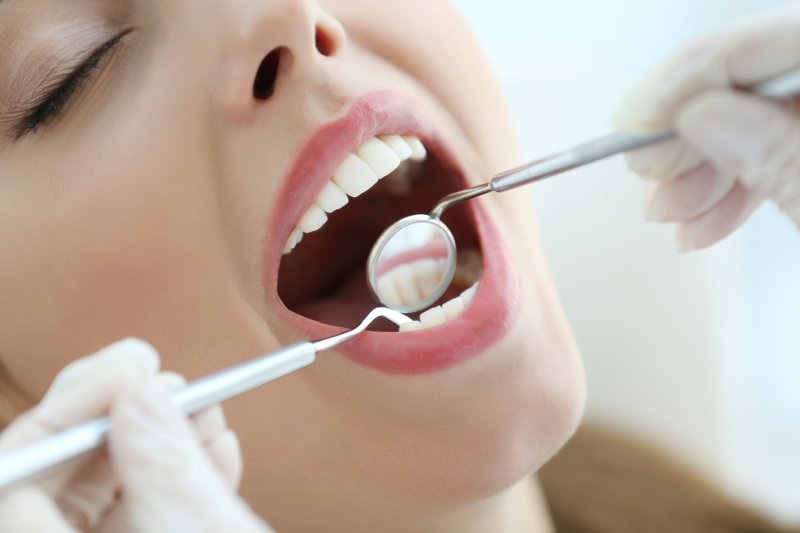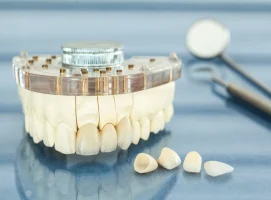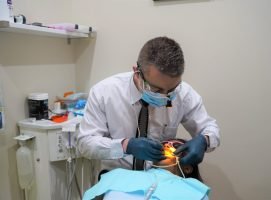What Types Of Dental Implants Are Best?
We often divide the Best Dental Implants into two categories based on the method of implantation: two-stage or single-stage.
Two-Stage Implants
In a two-stage operation, they surgically place Dental Implants Near Me in the jaw bone, closing the gum tissue. They perform a small process a few months after the wound has healed to attach an abutment and temporary restoration.
Endosteal Implants
Dentists frequently use it in two-stage implant procedures, placing endosteal in the jaw bone. Endosteal implants come in various shapes, including screw-type (threaded), cylinder-type, and bladed-type, and are typically used as a substitute or alternative to a bridge or removable denture.
Single-Stage Dental Implants
According to Best Cosmetic Dentist Houston, a lengthier implant is surgically placed into the jaw in a single stage. So, it is on the jaw bone, and the top of the implant is level with the gum tissue. Afterward, they close the gum tissue, revealing the implant healing cap. As a result, they can place the interim restoration and abutment after several months of healing without the necessity for a quick operation to reveal the head.
Subperiosteal implants
Subperiosteal implants are now hardly, if ever, utilized. Dental Implants Houston Tx positioned the implants on the jaw bone within the gum tissue, with the metal implant post exposed to retain the restoration. Also, Individuals with insufficient bone height mainly use subperiosteal to secure dentures.
What are the potential risks after implant surgery?
The people who undergo this procedure may experience some risks and complications during or after the procedure. The complications may include:
- An incision opening after the surgery
- Nerve damage results in altered sensation in the surgical area.
- Movement of the implant
- Exposure of implant above the gum line
- Infection of the implant
What about the recovery and aftercare?
Dental Implant Recovery depends on various factors. One of which includes multiple procedures necessary to complete your treatment. However, it’s known that after placing an implant, maintaining good oral hygiene helps ensure proper integration with bone structure. Failure to brush and floss can result in treatment failure. If you dont thoroughly clean the implant and its surroundings, it could also cause infection.
You should avoid smoking after implant surgeries as it is also linked to excellent failure rates. To promote the best healing and fusing possible, it will be crucial to clean any temporary restorations. They fix it to the implant(s) as you would your natural teeth. Also, the discomfort after the initial surgery should be low. You can experience facial and gum swelling, slight bleeding, and bruising at the implant site.
Your dentist may recommend prescription painkillers to treat any discomfort or pain you have following the surgery. Your diet following surgery should only consist of soft meals for five to seven days. Dentists might need to remove any stitches if they are there, but they often use self-dissolving stitches, so there’s no need to take them out.
Conclusion
We hope the above-provided information will help you learn some beneficial and valuable aspects of dental implants. The above article also highlights the types, processes, and recovery of dental implant procedures. For more information regarding dental implants, please visit dentalimplantsdentures.com.














